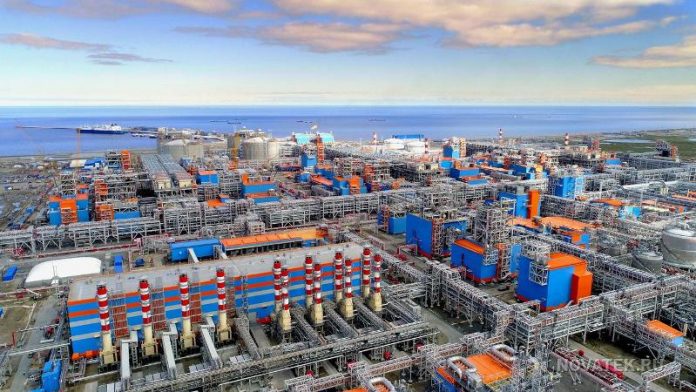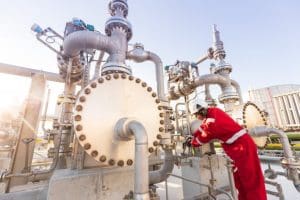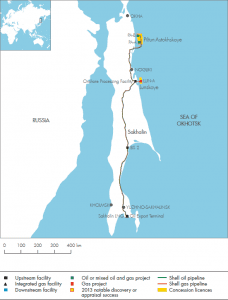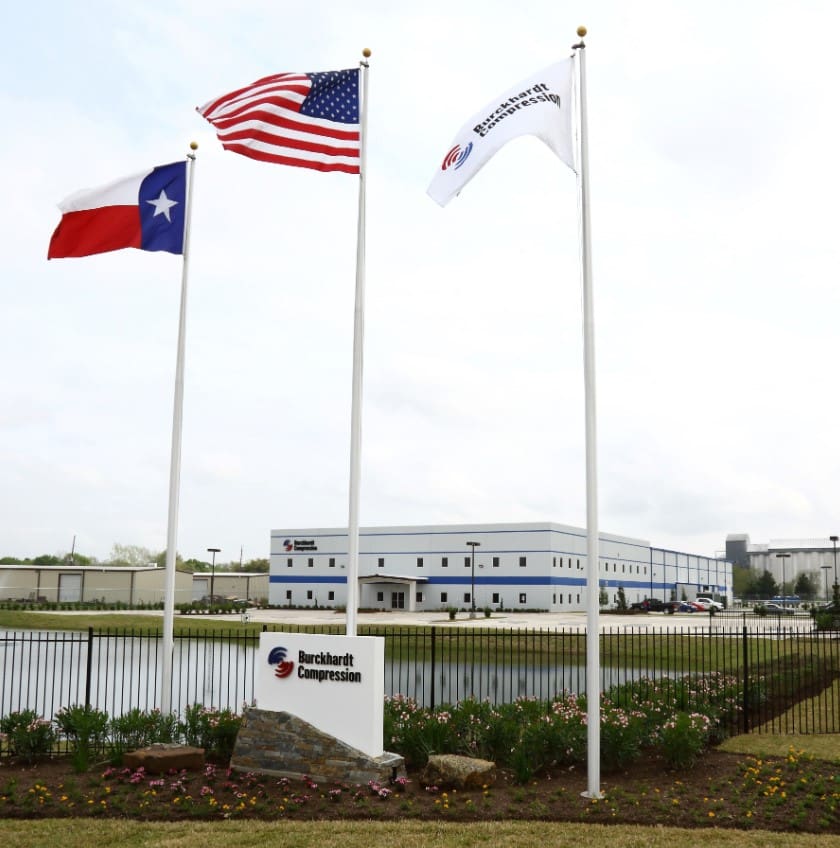
Russia’s invasion of Ukraine began on February 24, 2022, in what grew to become the largest conventional military attack on European soil since World War II.
Unlike past conflicts, today’s regional disputes can instantaneously become global issues due to the spread of information. Ukraine quickly amassed widespread support when its citizens took a bold stand against Russian invaders despite Russia’s superior military force. Social media platforms blew up with outrage toward Putin and his circle of cronies and oligarchs. The social media onslaught acted as a psychological weapon on Russian soldiers, many of which have no personal interest in harming their neighbors over an unnecessary dispute.
Harsh sanctions by the United States, Japan, Europe, and much of the developed world crashed the Russian stock market and the Russia Ruble as Russia’s billionaires saw their net worth evaporate in a matter of days. Ratings agencies like Moody’s and S&P quickly downgraded Russian bonds to junk status. With equities and bank accounts frozen, many ordinary citizens were unable to access their money. Some resorted to buying cryptocurrency as a preferred alternative to the crashing ruble.
Western companies quickly followed suit by banning all transactions and business projects with Russia. The oil and gas industry was no different. As West Texas Intermediate crude oil topped US$115 per barrel, BP, Shell, Equinor, Eni, and ExxonMobil all decided it was better to lose billions and take a stand than to get greedy and face what would have likely been a frenzy of backlash. TotalEnergies and Chevron also made statements bashing Russia’s invasion. Here’s how each company responded to the conflict, and why a united effort from big oil against social injustice could be a long-term win for the energy industry.
BP
BP acted first with its February 27 announcement that it would exit its 19.75% stake in integrated Russian oil and gas company, Rosneft. Rosneft, along with Gazprom and Lukoil, was one of the largest oil and gas companies in Russia. “Was” because all three companies lost over 90% of their value in just two weeks as a direct result of Russia’s war with Ukraine. “Like so many, I have been deeply shocked and saddened by the situation unfolding in Ukraine and my heart goes out to everyone affected,” said BP CEO Bernard Looney. “It has caused us to fundamentally rethink BP’s position with Rosneft. I am convinced that the decisions we have taken as a board are not only the right thing to do, but are also in the long-term interests of BP. Our immediate priority is caring for our great people in the region, and we will do our utmost to support them. We are also looking at how BP can support the wider humanitarian effort.”
“Russia’s attack on Ukraine is an act of aggression which is having tragic consequences across the region,” said BP Chair Helge Lund. “BP has operated in Russia for more than 30 years, working with brilliant Russian colleagues. However, this military action represents a fundamental change. It has led the BP board to conclude, after a thorough process, that our involvement with Rosneft, a state-owned enterprise, simply cannot continue. We can no longer support BP representatives holding a role on the Rosneft board. The Rosneft holding is no longer aligned with BP’s business and strategy and it is now the board’s decision to exit BP’s shareholding in Rosneft. The BP board believes these decisions are in the best long-term interests of all our shareholders.”
In addition to its stake in Rosneft, BP had three joint ventures with Rosneft — a 20% stake in the Taas-Yuryakh oil project in eastern Siberia, 49% of Yermak Neftegaz in Western Siberia, and 49% in the Kharampur oil and gas project.
BP also announced that CEO Bernard Looney is resigning from the board of Rosneft immediately. The other Rosneft director nominated by BP, former BP Group Chief Executive Bob Dudley, is also resigning from the board.
The divestment is noble in nature. But the losses will act as a sledgehammer to BP’s balance sheet. As of year-end 2021, the value of BP’s Rosneft shareholding was US$14 billion. As of the time of this writing, Rosneft is now worth just US$35 billion, pricing BP’s stake at US$6.9 billion. However, Rosneft is likely worth a lot less than that seeing as Russian markets have been closed to prevent more selling. Whoever ends up buying BP’s Rosneft stake could end up paying pennies on the dollar. With no buyer stepping up to the plate, BP is essentially throwing away US$14 billion in the name of human rights.
In addition to this loss, BP will also face a non-cash adjusting item change as a result of foreign exchange losses that totaled US$11 billion as of the end of 2021.
BP will also lose its income stream from its Rosneft assets, which will impact its earnings. BP was raking in about US$600 million a year from Rosneft dividends. In addition to the dividend loss, BP loses about a third of its production and half of its proven oil and gas reserves, dramatically decreasing its earnings power while also instantly pole-vaulting it to the cleanest integrated oil major on the planet on a relative basis.
Add it all up, and BP’s exit out of Russia is catastrophic for its financial health but could be beneficial long-term as it pushes the company much closer to achieving carbon neutrality while also improving its brand. All told, BP is losing as much as US$25 billion from its Russia divestment, which doesn’t include the cost of losing an income stream. To put that number into perspective, consider that BP lost around US$65 billion as a result of the Deepwater Horizon oil spill of 2010.
Shell
Shell followed suit on February 28 when it announced its intention to exit join ventures with Gazprom and related entities, including its 27.5% stake in the Sakhalin-II liquefied natural gas (LNG) facility, its 50% stake in the Salym Petroleum Development, and the Gydan energy venture. Shell also stated its intention to end involvement with the Nord Stream 2 pipeline.

Shell estimates that the value of its Russian joint venture assets was around US$3 billion at the end of 2021. Given the lack of demand for the assets, Shell could very well suffer an impairment charge of close to the full US$3 billion.
“We are shocked by the loss of life in Ukraine, which we deplore, resulting from a senseless act of military aggression which threatens European security,” said Shell’s CEO Ben van Beurden. “Our decision to exit is one we take with conviction. Our immediate focus is the safety of our people in Ukraine and supporting our people in Russia. In discussion with governments around the world, we will also work through the detailed business implications, including the importance of secure energy supplies to Europe and other markets, in compliance with relevant sanctions.”
In addition to the US$3 billion potential loss, Shell is one of five energy companies that has committed financing for up to 10% of the estimated US$10.4 billion cost of Nord Stream 2. In 2021, Shell’s adjusted earnings from its shares in Sakhalin Energy JV and Salym JV were US$700 million.
Equinor
On February 28, Norwegian integrated oil and gas major, Equinor, said that it would cease new investment in Russia and begin the process of divesting away from its Russian joint ventures.
“We are all deeply troubled by the invasion of Ukraine, which represents a terrible setback for the world, and we are thinking of all those who are suffering because of the military action,” said Anders Opedal, president and CEO of Equinor.

Unlike BP, Equinor does not have a stake in Rosneft. But it has been doing business in Russia for more than 30 years and entered a cooperation agreement with Rosneft in 2012. Equinor said that it is compliant with Norwegian, European Union, and US sanctions.
Equinor had US$1.2 billion in non-current assets in Russia at the end of 2021 which could plumet to a value of US$0 and incur an impairment charge on Equinor’s books in 2022.
Eni
Italian integrated oil and gas major, Eni, announced on March 1 that it was planning to sell its 50% stake in its Blue Stream pipeline joint venture with Gazprom PJSC. The Blue Stream pipeline, which supplies Russian gas to Turkey, has a capacity of 565 Bscf (16 billion m3) per year. “Eni currently has a marginal presence in Russia,” Eni posted on its website. “The existing joint ventures with Rosneft, linked to exploration licenses in the Arctic area, have already been frozen for years, due also to the international sanctions imposed since 2014.” Eni has operated in Russia since the 1960s.
ExxonMobil
On March 1, ExxonMobil announced it was beginning the process to discontinue operations at its Sakhalin-1 offshore project. ExxonMobil serves as operator of Sakhalin-1.

ExxonMobil has been developing three oil and gas fields near the eastern Russian island of Sakhalin in partnership with Rosneft, the state-controlled energy company, and one company each from Japan and India. ExxonMobil operates the fields and owns 30% of the project, which generates about 2% of the company’s global production. The decision will see ExxonMobil pull out of managing production facilities on Sakhalin Island in Russia’s Far East and puts the fate of a proposed multi-billion-dollar LNG facility there in doubt.
“As operator of Sakhalin-1, we have an obligation to ensure the safety of people, protection of the environment, and integrity of operations,” said ExxonMobil in a statement. “Our role as operator goes beyond an equity investment. The process to discontinue operations will need to be carefully managed and closely coordinated with the co-venturers in order to ensure it is executed safely.”
ExxonMobil expressed its intent to stop new investments in Russia given the political situation. “ExxonMobil supports the people of Ukraine as they seek to defend their freedom and determine their own future as a nation,” said ExxonMobil in a statement. “We deplore Russia’s military action that violates the territorial integrity of Ukraine and endangers its people. We are deeply saddened by the loss of innocent lives and support the strong international response. We are fully complying with all sanctions.”
TotalEnergies
TotalEnergies, a French integrated oil major, has been operating in Russia for more than 30 years. It currently operates exploration and production, refining and chemical, gas and power, marketing and services, trading and shipping, and renewable energy segments. It participates in the Arctic LNG 2 development and Yamal LNG project.
Despite this position, TotalEnergies took a less vocal initial approach to the situation in Russia. Instead of divesting its assets, the company merely said it would no longer provide capital for new projects in Russia. This is a much more muted response than the actions taken by BP, Shell, Equinor, Eni, and ExxonMobil. “TotalEnergies condemns Russia’s military aggression against Ukraine, which has tragic consequences for the population and threatens Europe,” the company said in a statement. “TotalEnergies expresses its solidarity with the Ukrainian people who are suffering the consequences and with the Russian people who will also suffer the consequences. TotalEnergies is mobilized to provide fuel to the Ukrainian authorities and aid to Ukrainian refugees in Europe. TotalEnergies supports the scope and strength of the sanctions put in place by Europe and will implement them regardless of the consequences (currently being assessed) on its activities in Russia.”
Chevron
Chevron doesn’t have exploration and production operations in Russia. But it does hold a 15% stake in the Caspian Pipeline which transports crude oil from Kazakhstan through Russia to the Black Sea. ExxonMobil also owns an 8% stake in the pipeline. Chevron believes that the pipeline is not a Russian issue, but rather, a Kazakhstani issue as it transports crude out of the country to international markets.
Out Of Russia With Love
The swift and united response from the world’s western oil majors against Russia is unlike anything the oil market has ever seen before. The oil majors of today are cash rich due to high oil and gas prices. But they also have made bold ESG targets and have all pledged commitments to invest in renewable and alternative energy as well as oil and gas.
The oil and gas industry is opening the pocket book on energy investments outside of fossil fuels, as well as trying to improve its global image to attract talent and foster long-term shareholder value. Oil companies are attempting to prove to the world that they care about all stakeholders and are motivated by more than just profit. By divesting away from countries that lack the “S” in ESG, oil majors are making a statement that they are committed to all aspects of ESG, not just the environmental and corporate governance aspects.















